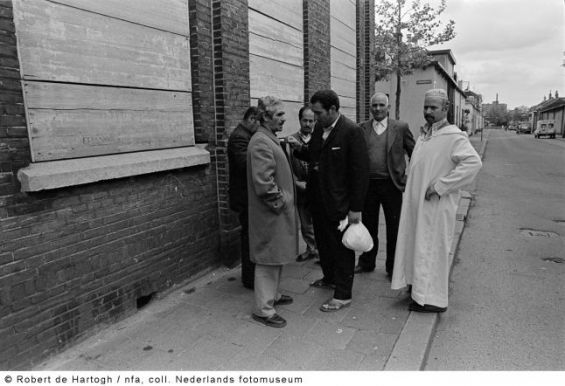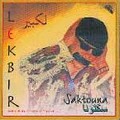On Tuesday May 14, the Moroccan community in the Netherlands will be celebrating an important date. On the same day, fifty years ago, the Moroccan and Dutch governments signed a bilateral treaty that allowed the European country to recruit guest workers from the Kingdom.
These guest workers, who preferred to stay in Holland, became a first generation for one of the largest communities in the country. After the 1969 treaty was signed, around 4000 people went to the Netherlands to work. Most of these workers came from the province of Nador, while 20% of them were living in Casablanca, Marrakech and Rabat before leaving for Holland, recalled an exhibition launched to celebrate the 1969 agreement.

Entitled «Marrokkanen 50 Jaar in Nederland», the exhibition is a moving one that was created to shed light on the history, struggles and fights of these Moroccan workers and their families in the Netherlands.
Speaking to Yabiladi on Monday, human rights activist Abdou Menebhi said that the exhibition in question was first launched on March the 22nd in Amsterdam to reflect on the 50 years that Moroccans spent in the European country. «‘Marrokkanen 50 Jaar in Nederland’ will be touring 25 Dutch cities until December», said Menebhi who worked on this project.
The Moroccan community's fights and struggles in 50 years
To Menebhi, this exhibition traces the «history of Moroccan immigrants in the Netherlands through photos, documents and texts that refer to their battles and struggles».
Indeed, through a timeline that covers the period between 1969 and 2019, the show stops by the main phases that changed the situation of Moroccans in Holland. «It mainly sheds light on their economic and social situation, and the fights they conducted within the Dutch society to secure a number of rights», Menebhi stressed.
«The first generation, which was settled down here in the 70s, struggled with problems related to residency», recalled the activist based in Amsterdam, adding that «hundreds of Moroccan workers staged a series of sit-ins in several churches in the Netherlands to solve their situation».
«One of the major achievements was recorded in the 80s, when workers were allowed to bring their wives and families to live with them», Menebhi said. But then other issues and challenges emerged, he said, adding that Moroccans had to deal with integration problems.

«By 1986, Moroccans in the Netherlands were allowed to vote, which was one of the fights they conducted to integrate in the Dutch society», said the Moroccan activist.
In addition to showcasing the fights of Moroccans in the Netherlands, the exhibition serves as a platform for young people to discuss the current situation of the Moroccan community in the country and address some of its problems. «We also tackle the issue of racism and Islamophobia in the Netherlands», Menebhi pointed out.
Moreover, the show includes a series of movies, works and creations produced by Dutch-Moroccans, he concluded.





 chargement...
chargement...













